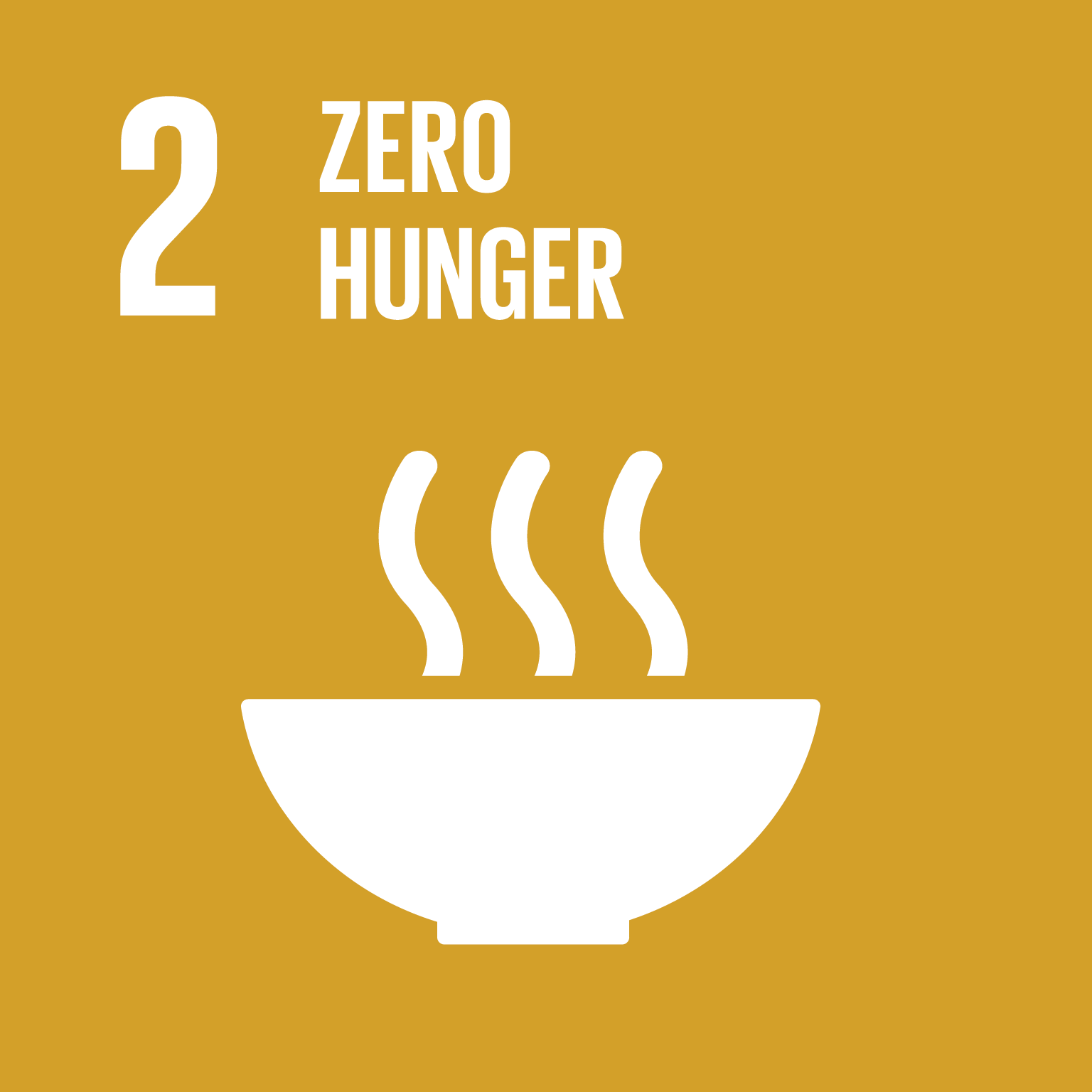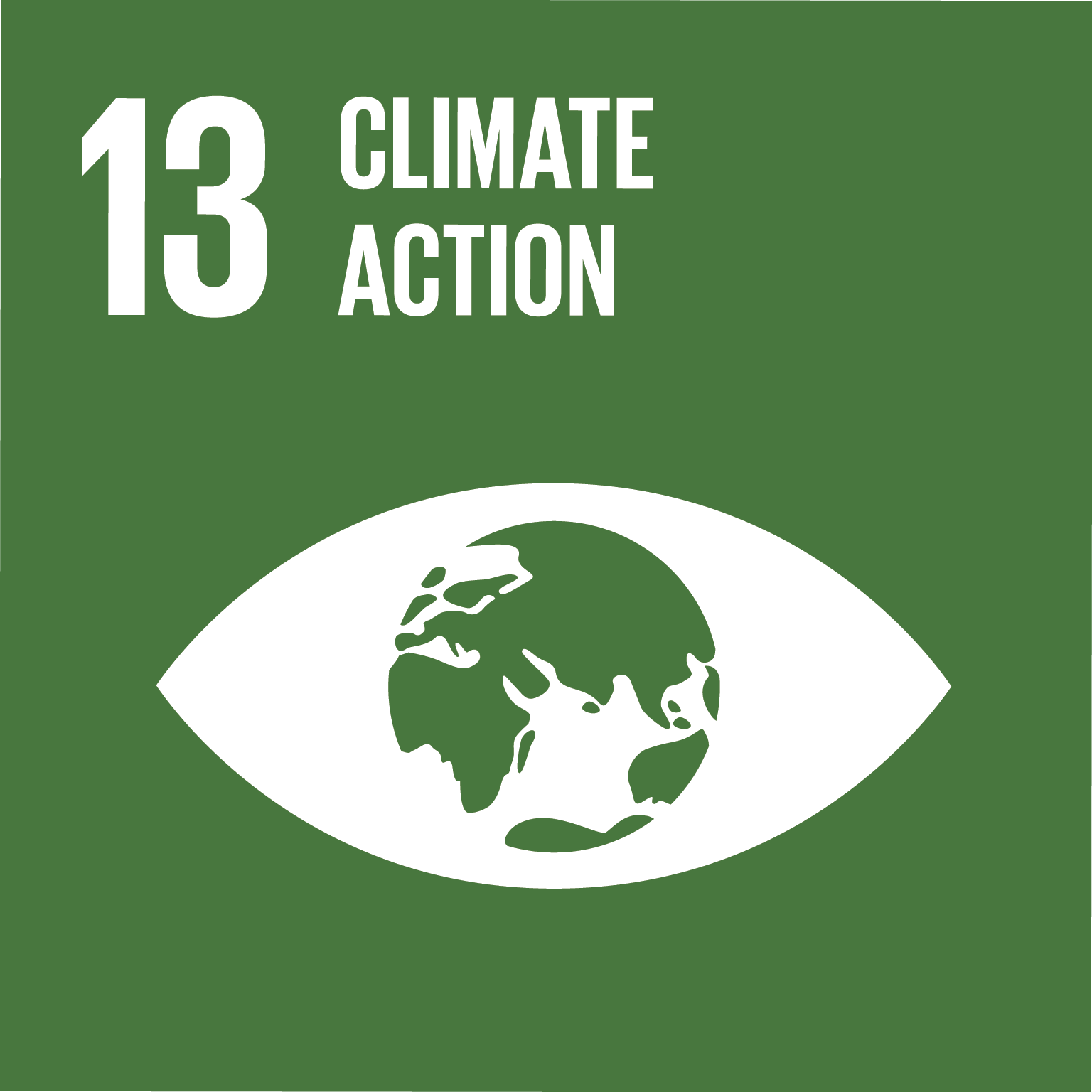Objective:
To contribute to knowledge generation and the design and implementation of public policies in conjunction with our partners to promote a sustainable and inclusive adaptation to climate change, integrating transition to environmentally sustainable economies with low greenhouse gas (GHG) emissions.
Sustainable and Inclusive Approach to Adaptation
The members of the Initiative of the Economics of Climate Change in Central America and the Dominican Republic, through diverse analyses and discussions on public policy options, have agreed to prioritize public measures and policies that contribute to adaptation designed explicitly to promote inclusion and sustainability, including the reduction of vulnerabilities. The transition to environmentally sustainable economies and societies with low GHG emissions, with a special effort to maximize co-benefits and minimize the intersectoral costs of the proposed actions, is integral to national development and poverty reduction (See “The Multisectoriality of the Response to Climate Change” below).
The experience gained in the last decades illustrates the importance of identifying risks and appropriate measures for diverse sectors and in relation to established development goals, such as poverty reduction, water management, agriculture, food security, nutrition security, ecosystem protection, energy security, energy efficiency, land-use planning, and disaster prevention (See light blue bubbles in “The Multisectoriality of the Response to Climate Change” below). Likewise, policy development that facilitate measures linked to development goals in the fiscal, commercial, technological, and educational fields, as well as interinstitutional cooperation at a regional or international level (See green and orange bubbles in “The Multisectoriality of the Response to Climate Change” below). The diverse impacts and challenges posed by climate change, sustainability, and GHG emission reduction require institutional cooperation to maximize co-benefits and to minimize costs and possible adverse effects on other sectors. Finally, greater attention should be payed to public, intergenerational, common goods and services such as climate, water, food security, energy security, and public transport.

Source: Elaboration based on the ECC CARD Initiative.
The development of an international consensus on the necessity of transitioning to sustainable development models has encouraged collaboration in addressing climate change. Over the last few decades the international community celebrated milestones including the Earth Summit of 1992 and the Conference on Sustainable Development Rio +20 of 2012, culminating most recently in the Sustainable Development Goals (SDGs) which provide a framework for the development actions of UN member countries over the next 15 years. ECLAC aims to support regional governments to develop public policies that prioritize equality and sustainability in accordance with the SDGs and their corresponding objectives. Our unit’s work focuses predominantly on the following SDGs:
Structural changes in the global economy, the Paris Agreement on climate change, and the SDG agenda provide useful frameworks for understanding regional economies and value chains. Common challenges faced within the region include integration into international markets, national and intraregional production and trade, growing dependency on high-cost hydrocarbon consumption, pollution and related public health concerns, problematic consumption (including the coexistence of undernourishment and obesity), water pollution and the inefficient use of water, and the degradation of forests and other ecosystems that provide multiple products and services. A “great environmental impetus” is required to achieve equality and sustainability, characterized by coordinated public policies that a) promote economic development while minimizing environmental externalities and that b) improve quality of life through increasing access to – and quality of – public goods and services. This approach was approved by ECLAC member countries during its thirty-sixth session (ECLAC, 2016).
Facing such challenges requires institutional cooperation to form common incentives and investments that allow for structural change in production and consumption, the reduction of climate risk, and the transition to environmentally sustainable economies. Key elements include fiscal policies that allow for a better balance between private goods and public services, a more robust governance of natural resources and environmental preservation, incentivizing a more diversified and “green” production and consumption matrix, and inclusive labor and social regulations that allow for redistribution. This effort requires diverse measures such as changing infrastructure norms; protecting water basins and natural coastal barriers, like mangroves; administering a better use of water and changing the design and location of homes, communities, and social infrastructure (ECLAC, 2010, and ECLAC, 2016).
In response to climate change, this approach suggests the prioritization of policies and actions that generate co-benefits between adaptation, inclusion, equity, and sustainability. It implies moving forward with the new paradigm of sustainable production and consumption, a greater attention to common and intergenerational public goods, and a more comprehensive understanding of productivity. It is also important to recognize the externalities not well reflected in the current economy, such as the effects of GHG emissions and other pollutants, the overexploitation of natural resources, and ecosystem services that are often not reflected in current projections of economic performance.
Main Partners:
Ministers of Environment, Finance, Economy, Agriculture, and Health from Central American Integration System (SICA) countries, SICA Councils of Ministers including CCAD, COSEFIN, COMIECO/SIECA, CAC and COMISCA and corresponding SICA Executive Secretaries.
National meteorological services and the CRRH, Ministers of Energy and their representatives in SICA member countries.
Academic, research, and other institutions, including national universities such as UNAM and INSP from Mexico, the Health Studies Gorgas Commemorative Institute from Panama, CATHALAC, CATIE, IICA, CCAFS/CIAT, and the regional, subregional, and national offices from other institutions of the UN System such as UNDP, FAO, IFAD, and PAHO.
Donors that have contributed to the program of work include UKAID of the British Government, DANIDA of the Danish Government, the Nordic Development Fund, IADB, and, through coordination with UCC from DDSAH, the GIZ and the EUROCLIMA program of the European Union.
Lines of work:
Since 2007 the Subregional Headquarters of the Economic Commission for Latin America and the Caribbean in Mexico has included climate change in its agenda, and since the 2010-2011 cycle climate change has formed part of ECLAC’s work program approved during the Period of Sessions. In the following years, ECLAC’s work plan has been formed with input and approval from governments from the subregion, particularly those of SICA countries. Recent lines of work have included:
- Climate variability
- Extreme events
- Aridity
- Agriculture
- Nutrition security and food security
- Public health
- Hydroelectricity
- Ecosystems and biodiversity
- Fiscal policy and public investment
- Trade
Activities:
Applied analysis, technical assistance, capacity strengthening, information systems development, expert meetings, and community application.
Special initiatives:
The Economics of Climate Change in Central America and the Dominican Republic
Fiscal Policy, Climate Change and Sustainability in SICA countries
Project with CAC
Health and Climate Change in Central America and the Dominican Republic




